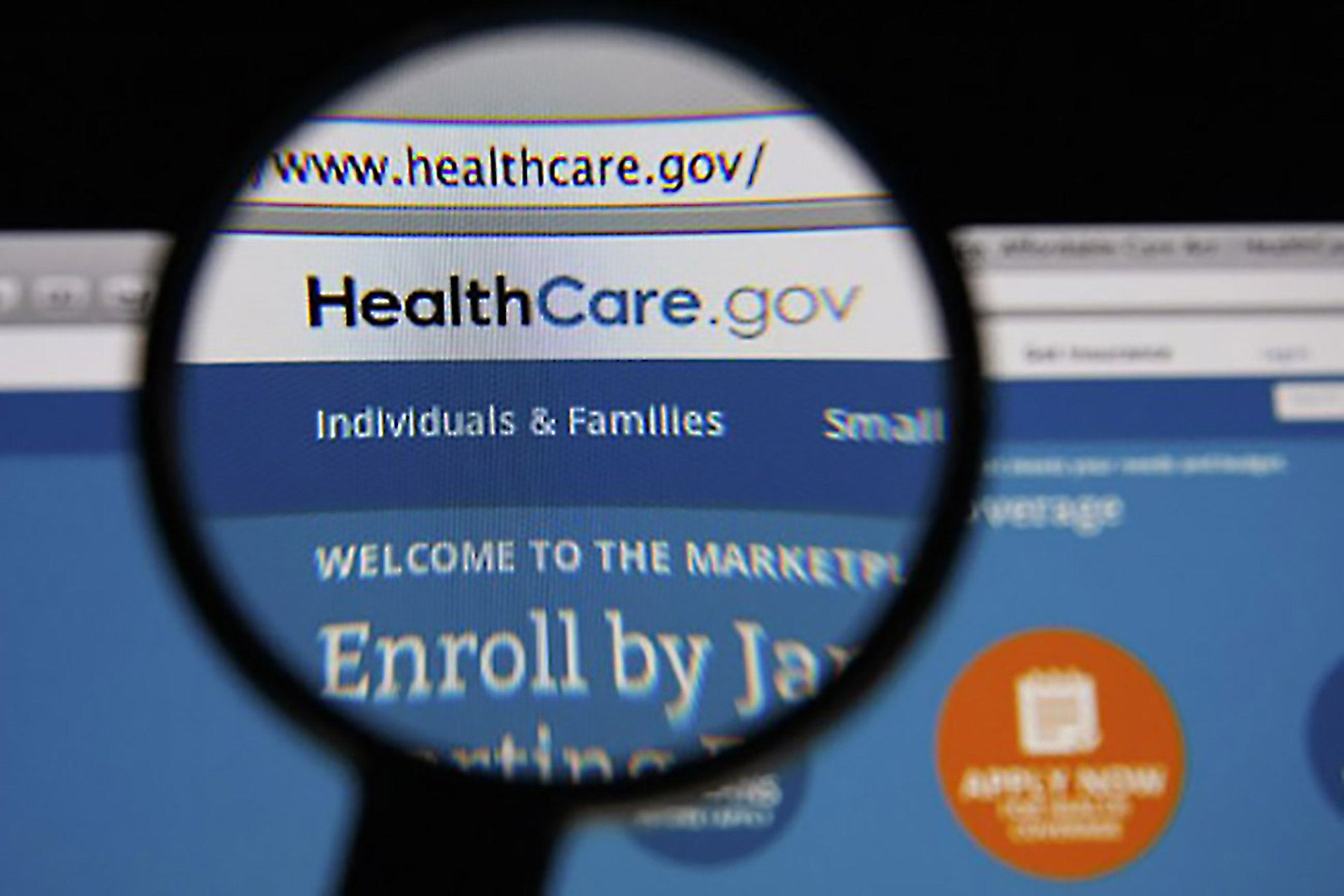Re-Imagining the World of Insurance – Digital Transformation Soon people will begin to expect an insurer to access their data and to do something tailored specifically for them with it, social networks will help people with mutually aligned interests and common risk factors to form peer-to-peer insurance pools
By Naval Goel
Opinions expressed by Entrepreneur contributors are their own.
You're reading Entrepreneur India, an international franchise of Entrepreneur Media.

The term Insurance or the Insurance industry as a whole has been termed as dull and monotonous. But with the course of time, even the insurance industry has geared up and associated itself with the technology to keep up the pace with ever-growing and ever-changing world. History itself has presented us with the examples of those who did not adapt themselves with the change have perished away with time. Evolution is not just a theory but a fact which we all have come to realise with time and time tells tales. One such example we all witnessed was that of Kodak who failed to foresee the power of technology and digitisation and hung on to the concept of using Films. The result was a major setback in the industry and among the competitors.
Changes in the Pattern
When it comes to Insurance, we have already evolved ourselves from the traditional paperwork and human approach to the laptop lifestyle. We all come to the office and as a part of our daily routine; we open our laptop and start with everyday tasks. Observing today's scenario insurance is now majorly handled from backend and rest of the information is offered to the customer through a platform which provides him with every detail needed at the moment. Be it Cloud Computing or our CRM's, digitisation has managed to renovate this ordinary industry into an exciting one. However, there is still a gap of 30 to 40per cent where technology can still play a major role in changing the entire aspect of this industry.
Value Chain
To understand the future let us understand the value chain of Insurance in its easiest form. A person buys a policy > Pays premium > Claims > Gets coverage. But in this entire chain, one thing is constant that is the manual effort which in-turn involves a huge cost. Even a process as basic as selling involves considerable expenditure. Now think of a scenario where a customer claiming car accident gets hold of a claim within hours after the accident. How? Imagine the person has crashed his car and is now claiming for the insurance he took. The insurance company or the insurance aggregator company simply sit back and let the virtual process do the job where a social ecosystem is created by way of technology and within seconds of receiving a claim it verifies through its ecosystem of the accident and processes the claim. We all have been accustomed by the use of GPS and Tracking systems which is a technological boon that can be implemented here and can be used at the time of verification by identifying the people connected in that social ecosystem.
Value Chain and Digitization
Every facet of the insurance value chain will be impacted by digitization, from interactions with customers to underwriting and claims management. The key to reducing the cost is moving towards the no-touch claim method also serving in reducing the fraud and allowing risk managers to better engage with customers rather than spending time behind paperwork.
Giving Real-time access to the customers is to give real power to them thus nullifying the effect of human error in the entire process. Artificial Intelligence is the future we all behold. We have already seen some significant development in this are with the invention of Chat Bots which has virtually taken over the most basic function of human species which is his ability to communicate. One other such example is of Siri, where almost all our everyday tasks are managed by a virtual identity.
Soon people will begin to expect an insurer to access their data and to do something tailored specifically for them with it. Social networks will help people with mutually aligned interests and common risk factors to form peer-to-peer insurance pools. Knowledge gained from consumer genetics tests or much wider use of genomics in medicine could mean people are much better equipped to make personal decisions about their insurability. The future is customer-centric and will be shaped by behavioural science, with social and peer-to-peer networking and smart devices all playing a part.











